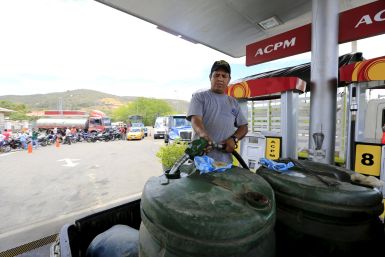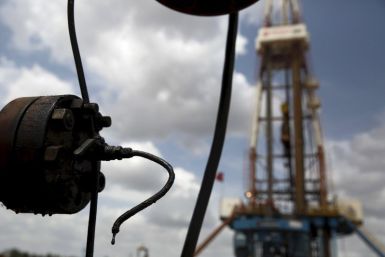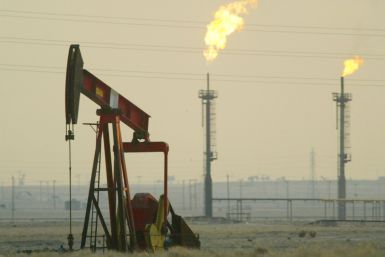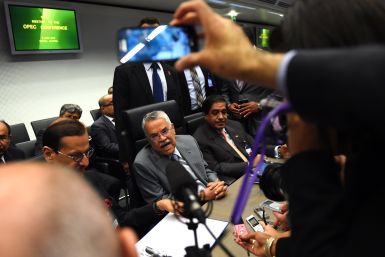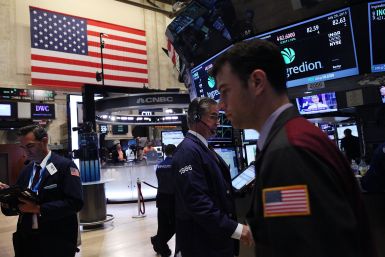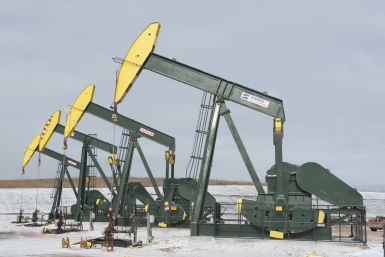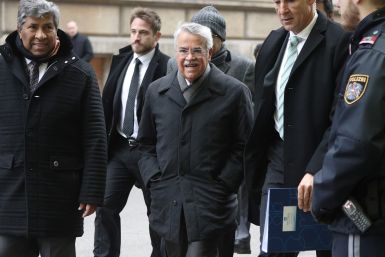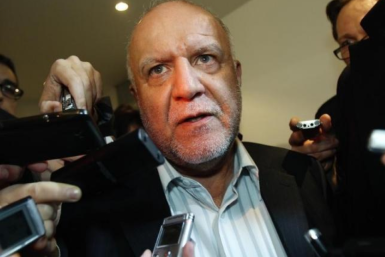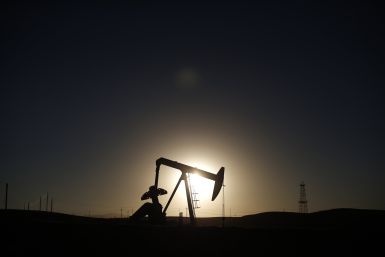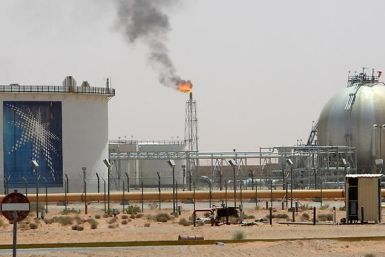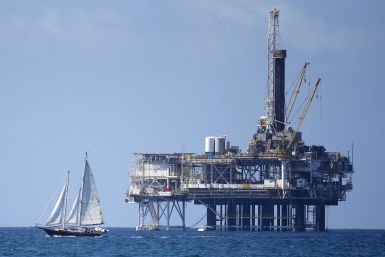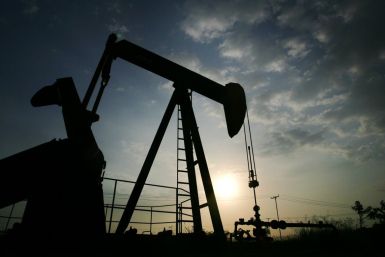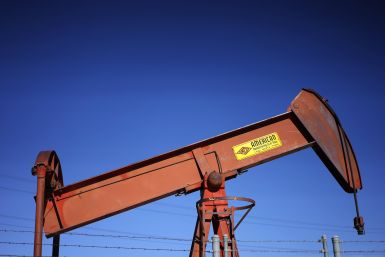In 2014 oil prices were above $100 a barrel; now experts say getting above $50 will be difficult with excess supply and a possible economic slowdown.
The odds of the South American country defaulting have nearly doubled in recent months, financial traders said.
Analysts suggest that Thursday's jump is unlikely to lead to an upward price trend in global oil prices, which have been at historic lows in recent months.
“Oil just can’t stop sliding and local investors are very worried about where the bottom is,” said Sebastien Henin, head of asset management at the National Investor in Abu Dhabi.
U.S. markets were following oil prices down on Monday.
The Saudi Arabia-led oil cartel said it expects world oil demand to grow by 1.34 million barrels per day in 2016.
The International Energy Agency raised its forecast for global oil demand growth, citing low oil prices, economic recovery and a relatively cold winter.
OPEC oil ministers are expected to hold the line on oil production at this week's summit in Vienna.
Saudi Arabia will enter the next oil cartel meeting in a position of strength, touting its policy of keeping production levels high.
"Under current conditions, it seems unlikely that the OPEC production ceiling will change," Iranian Oil Minister Bijan Zanganeh says.
Saudi Arabia-led OPEC decided at a meeting in November to maintain output and keep global markets amply supplied.
Crude prices rose Monday as Saudi Arabia moved to raise oil prices in Asia.
The deal would remove Western sanctions against Tehran, igniting concern it could affect a global oil market already facing oversupply.
Factory activity in China, the world's second-largest economy and top oil importer, slipped in March.
Brent crude settled at $55.32 a barrel Friday, about half of what it was selling for in the summer of 2013.
“Investors woke up today and realized not a lot has really changed from the Fed’s previous stance."
Here are four main factors driving oil’s renewed decline.
An Egyptian economic summit draws foreign-investment deals to a country struggling to meet energy demands.
Market skeptics cautioned that the recent rally could fade because supplies keep coming.
Debt in the crude-oil industry may be a major factor in the collapse of the commodity’s pricing, the Bank for International Settlements says.
According to security officials, militants allied to the Islamic State group were behind the attack on the al-Mabrook oilfield.
Analysts say the announcements of capital expenditure cuts by major oil companies are helping support prices.










